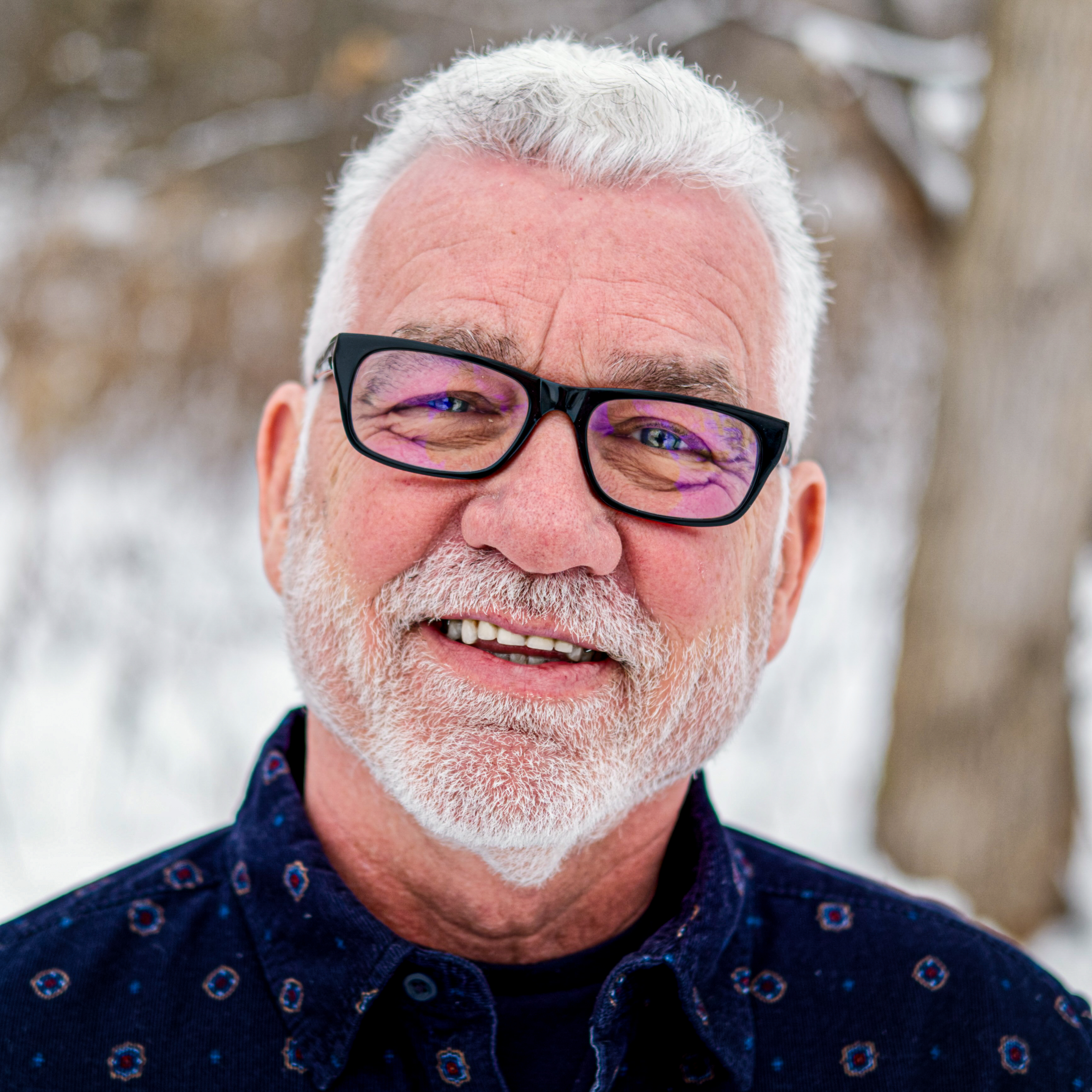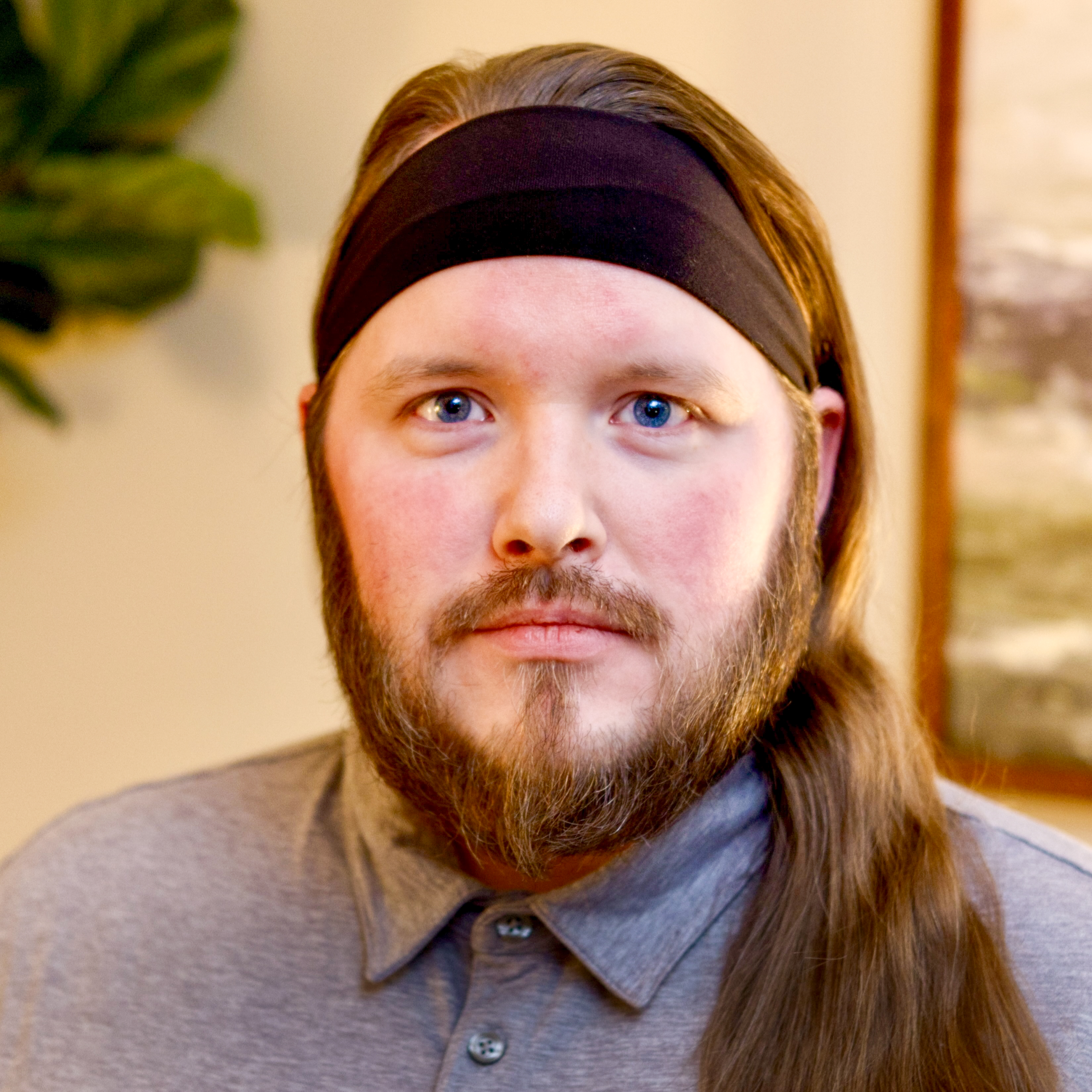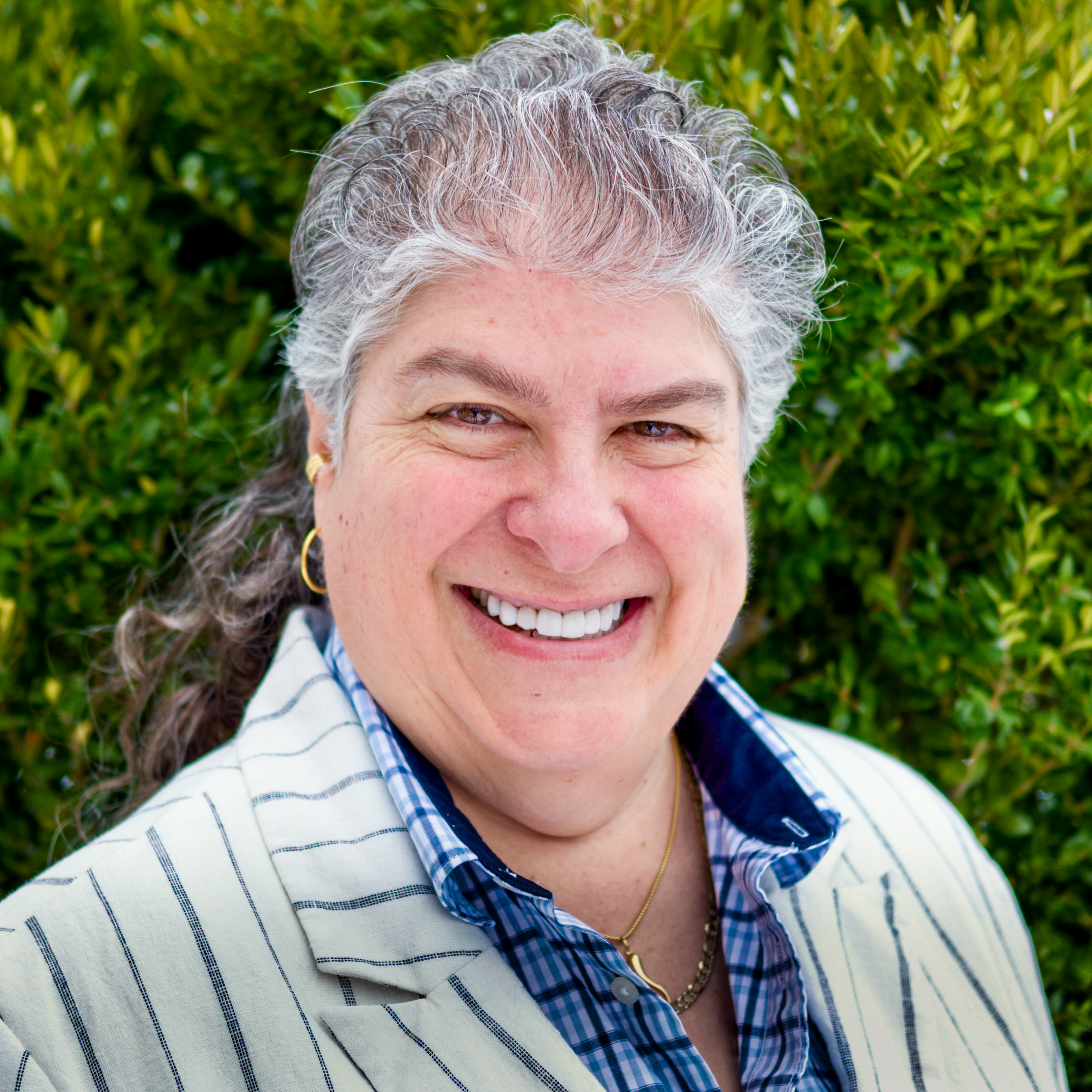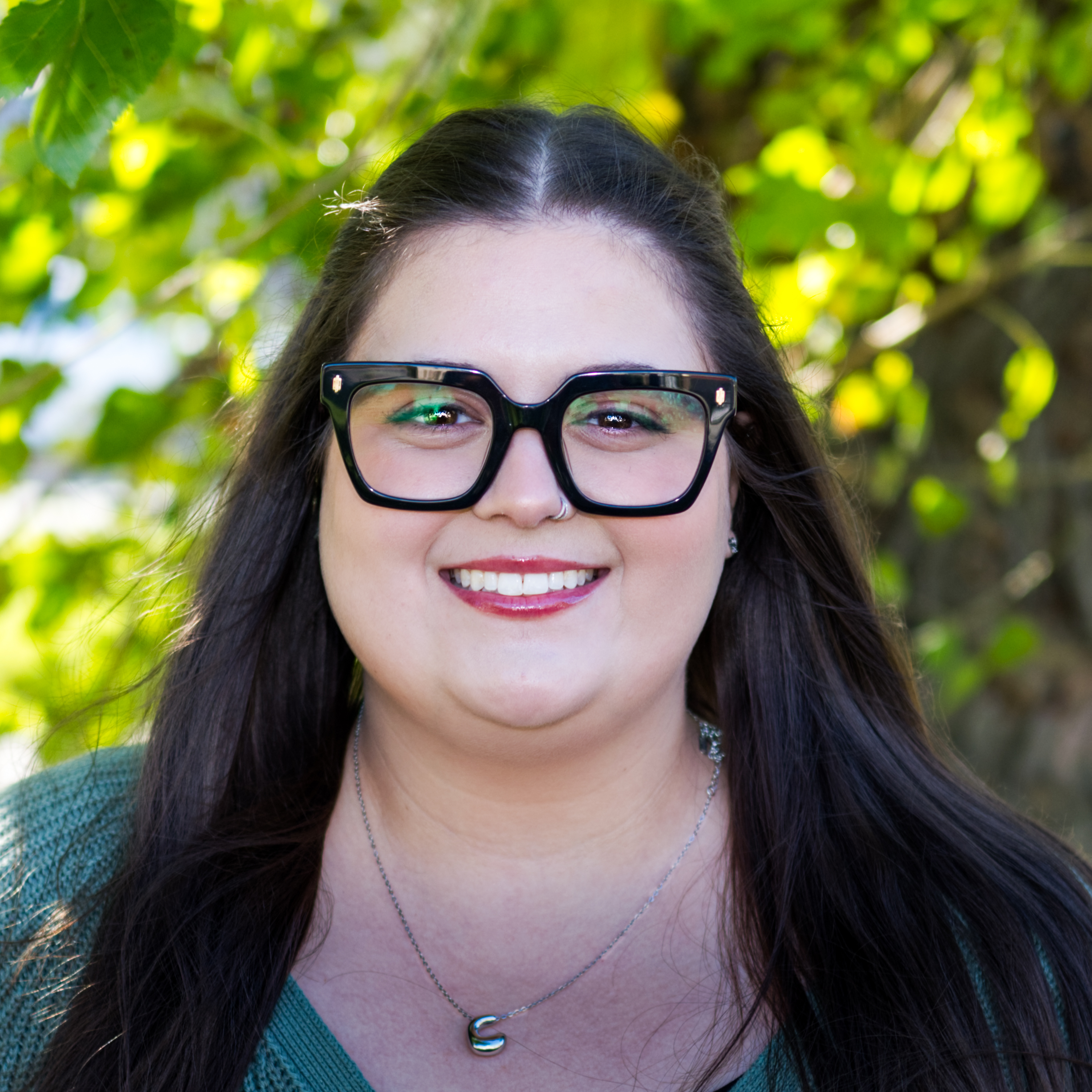Depression
What is it?
Worldwide, around 264 million people suffer from depression each year. This disorder is usually defined by a state of sadness, feelings of hopelessness, and an inability to enjoy interests that normally bring happiness.
3 Reasons Why it Matters
- Depression can feel like carrying a backpack of heaviness everywhere you go.
- Physically, depression can cause persistent fatigue, brain fog, and body pain. You may feel like you never have enough energy to do the things you need to do.
- This disorder increases the risk of substance abuse, overeating, and suicide.
Therapists
These are our therapists who are experienced in working with Depression.
Resources
-
How Can I Tell if My Child Is Depressed?
Read more -
Can Children Really Have Depression?
Yes. Childhood depression is different from the normal "blues"…
Read more -
When Should I Turn to Counseling Seasonal Affective Disorder?
Read more - How Is SAD Diagnosed and Treated?
- How Is SAD Different from Depression?
- What is Seasonal Affective Disorder?
- How Is Depression Treated at NPS?
- What are the Different Types of Depression?
- How Is Depression Diagnosed?
- Why Do I Need a Depression Diagnosis?
- How Is Depression Diagnosed at NPS?
- Seasonal Depression and Light Therapy
- What are the signs of Depression?












